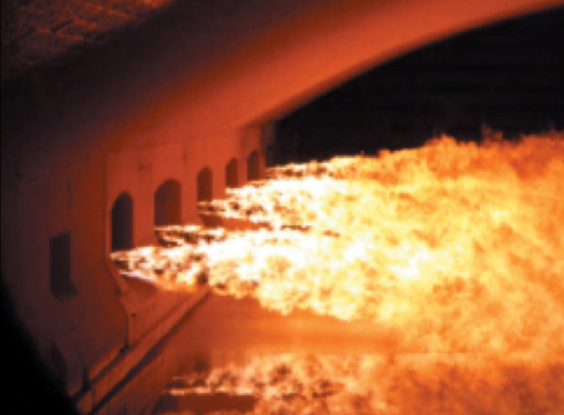Combustion Course
29 January - 1st February 2019 - Eindhoven University of Technology, The Netherlands.
Objective:
The objective of this 4-day course is to bring the participants to the forefront of modern computational and experimental methods for premixed and non-premixed gaseous combustion processes, by giving insight into the underlying physical/chemical principles and mathematical descriptions. Starting from the governing equations for chemically reacting flows, state-of-the-art models will be derived for laminar and turbulent flames, by means of which their physical and chemical behavior will be analyzed. Computational issues for modeling these systems numerically will be discussed as well.A further focus is on the use of laser-diagnostic methods, such as LIF, Raman, CARS, and PIV, to measure local species concentrations, temperatures and flow velocities in high-temperature, chemically reacting flow systems. Practical applications will be studied for a number of examples, such as engines, gas turbines and furnaces. Combustion of liquid and solid fuels is briefly discussed. The theory is tested and illustrated with numerical exercises using a code for modeling simple 1D-flame structures. The course is intended for graduate scientists and engineers, equipped with a firm basic knowledge in fluid mechanics, heat transport and combustion science, who have started to specialize in the field of combustion.
Lecturers:
- Prof. dr. C. Hasse, Technical University Darmstadt
- Prof. dr. I. Obernberger, Graz University of Technology
- Dr. R.G.M. Bastiaan, dr. N. Dam, Prof. L.P.H. de Goey, dr. J.A. van Oijen and Dr. L.M.T. Somers from Eindhoven University of Technology,
- Dr. A. Bohlin, Dr. A. Gangoli Rao, Prof. D.J.E.M. Roekaerts and Dr. M.J. Tummers from Delft University of Technology
- Dr. J.B.W. Kok from University Twente
For more information:
Jeroen van Oijen - j.a.v.oijen@tue.nl
040 247 3133

